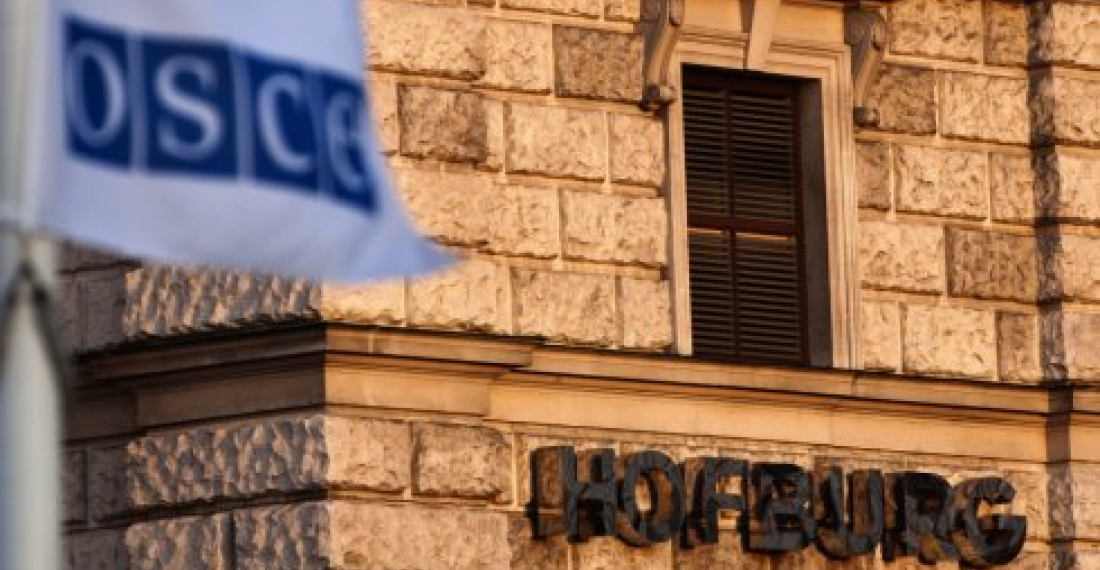The OSCE Minsk Group co-chairmen have commented again on the incidents in the Karabakh conflict zone on Tuesday, 4 July which resulted in civilian casualties. The co-Chairmen said that the incident was a provocative action that undermines peace efforts and could result in a breakdown of the forthcoming negotiations, Armenian and Azerbaijani media sources reported.
The OSCE Minsk Group co-chair reminded the sides of their obligations under the Geneva Conventions to refrain from any hostile action that could lead to unacceptable civilian casualties.
"We appeal to parties to take immediate measures to defuse the situation and strictly observe the 1994/1995 ceasefire agreement."
The Russian Federation, France and the US stress the necessity to resume as soon as possible negotiations on a peaceful settlement of the conflict, as the only way to bring peace, prosperity genuine reconciliation to the all people of the region, the co-Chairman stated.
read more about the incident on 4 July here
There have been other statements issued by the international community following the incidents in which a two-year old Azerbaijani child and her grandmother were killed as a result of shelling in the village of Alkhanli in the Fizuli district..
A statement was issued on Thursday afternoon by the European Parliament. It said
"The European Parliament is greatly concerned about the renewed violence earlier this week between Armenia and Azerbaijan which has yet again led to the death of civilians, in the Fizuli region. We express our deep condolences to the families of the victims.
We call for an immediate stop to military hostilities between Armenia and Azerbaijan. As previously stated, we firmly believe that the Nagorno Karabakh conflict does not have a military solution. Instead, the conflict needs an early political settlement in accordance with international law. This is the only way to stop unnecessarily claiming the lives of civilians and soldiers on both sides.
We fully support the mediation efforts and proposals of the OSCE Minsk Group Co-Chairs. In order for this mediation to have a chance of success, both Armenia and Azerbaijan need to find the political courage to negotiate in good faith."
The statement was signed by David McAllister (EPP, DE), Chair of the Foreign Affairs committee; Sajjad Karim (ECR, UK), Chair of the Delegation to the EU-Armenia and EU-Azerbaijan Parliamentary Cooperation Committees; and Rebecca Harms (Greens/EFA, DE), Chair of the Delegation to the Euronest Parliamentary Assembly
source: commonspace.eu with agencies






